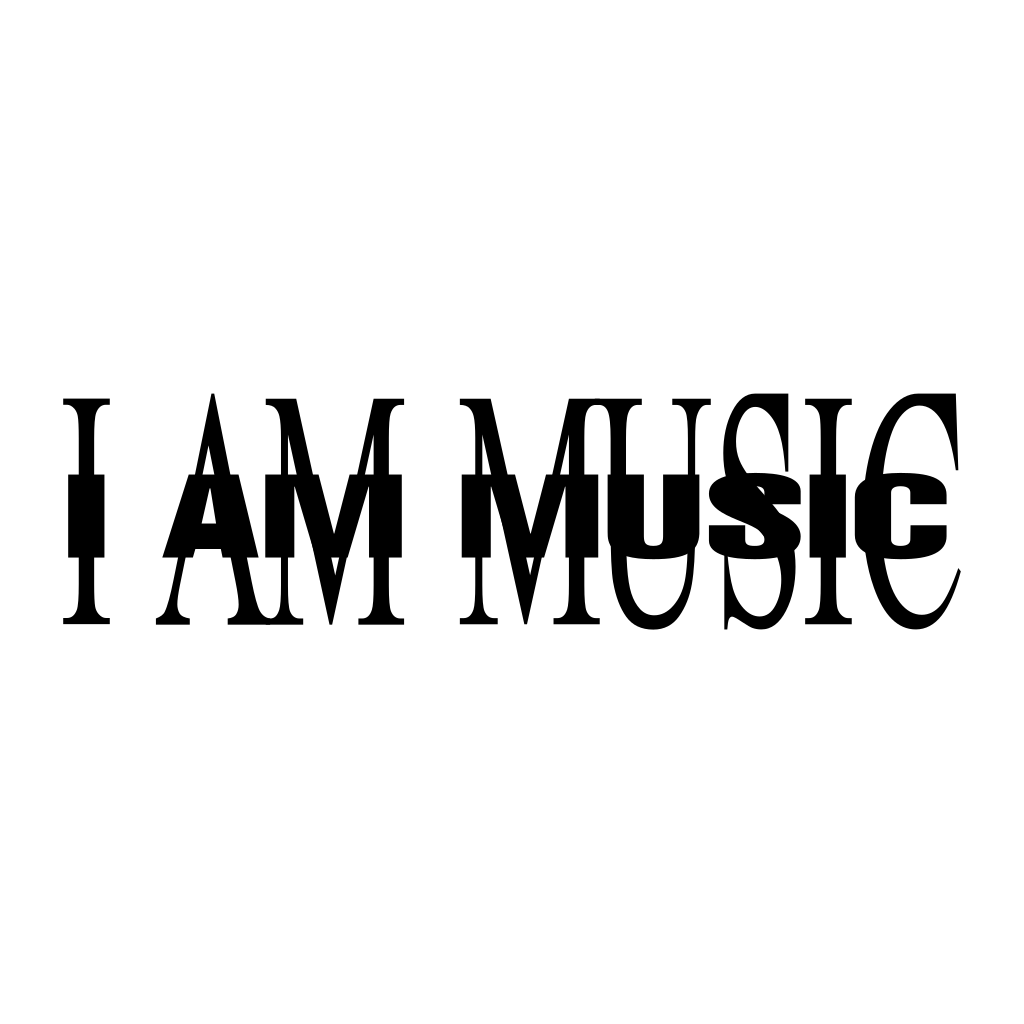By Brandon Nelson and Cameron Weaver
Social media has introduced a brand new avenue for information flow to the masses. While there is no doubt that social networking has revolutionized communication and brought the world closer together than ever before, there are downsides to it that have seemingly taken over our lives.
In this modern age of technological wizardry, people all over the world now have the opportunity to interact with one another across social media. Unfortunately, the search for acceptance, friendship and “something a little more” leads some people to be dishonest about themselves on these channels.
In October 2010, a study was completed in Britain that surveyed 2,000 people on their level of honesty through social media. The survey, performed by Optimum Life Insurance on behalf of Direct Line Insurance, revealed that only 20 percent of those interviewed confidently said they were as honest communicating via Twitter or text message as they were in-person.
“We sometimes use these means of communication rather than a face-to-face encounter…when we want to be untruthful, as it is easier to fib someone when we don’t have to deal with their reactions or control our own body language,” psychologist Glenn Wilson said, according to The Daily Telegraph.
In summary, social media compels us to present ourselves in a false light, hoping the world can bask in our “perfect” lives. We unwittingly hide the negative aspects of ourselves, using the comfortable blanket of selfies and farming virtual crops to paint a picture of how we want others to see us, rather than showing them who we really are.
Furthermore, some recent studies may show that long term use of social media is beginning to have a detrimental effect on the overall feeling of satisfaction in one’s life.
In Belgium, the Public Library of Science published a study in 2013 by Ethan Kross of the University of Michigan and Philippe Verduyn of Leuven University, which showed that individuals who used social networking, on average, lead unhappier lives.
Eighty-two Facebook users were recruited for the study, aged from their late-teens to early 20s. They agreed to have their Facebook activity observed for two weeks, and report their state of mind five times a day on both Facebook and indirect mediums like phone calls.
The participants were asked to rate their satisfaction with their lives at both the beginning and end of the study. The results found that those who used Facebook more often were more likely to report a decline in overall happiness than those who did so infrequently.
The findings are far from surprising. The sharp decline of in person interaction in our media-centric world has possible far reaching consequences that could lead to communicative disconnect, fostered in the failure of social networking to truly enrich our lives.
“I feel that mobile social media is taking over our lives. Face-to-face contact is so much more important,” said American River College student Ashley Gifford, 21, a business major. “People post about their problems online instead of just handling them it feels like. I can’t even hang out with my friends without them being on the phone.”
Kyrstie Hazelbaker, 22, who is also majoring in business, held a more optimistic view of social media.
“Self-control is important,” Hazelbaker said. “It can be useful when self-restraint is used–everything in moderation. The problem is that many people feel like they can’t socialize without social networking.”
Professor Alan Miller, who teaches a course on Race and Gender in the Media at American River College, is not a fervent advocate for social media.
“(Social media) truly is bad for all,” he said. “Not only has it become addictive and compounded short attention spans, but there’s evidence that it’s affecting people’s verbal communicative skills. The sophomoric Facebook frenzy has taken narcissism to absurd levels.”
With the immediate future of social media all but assured, one wonders what the long-term consequences of it’s introduction into our social hemisphere will be.
Earlier this year, Facebook creator Mark Zuckerberg was quoted as saying that Facebook’s ultimate mission is to “connect the world.” Perhaps by attempting this admirable feat, however, social media has lured us further away from that feeling of globalized connectivity and eventual unity.








